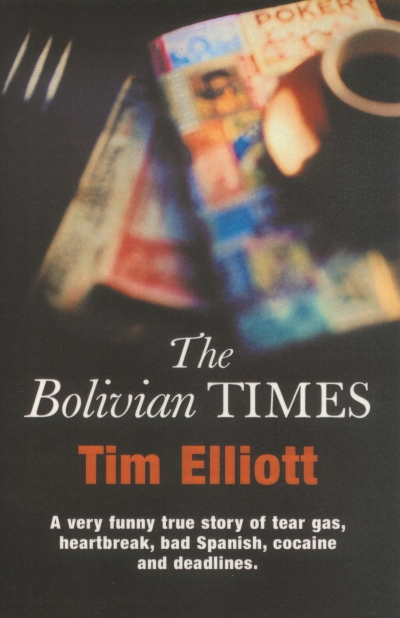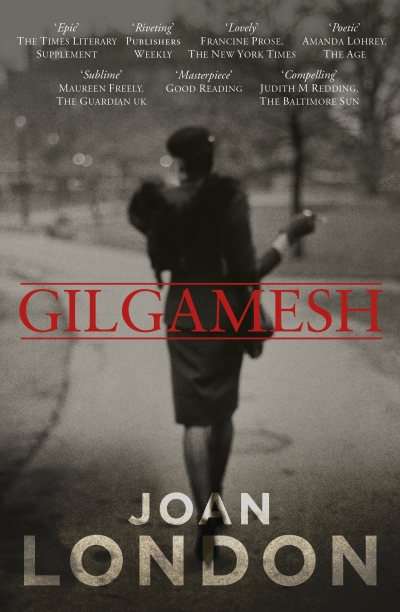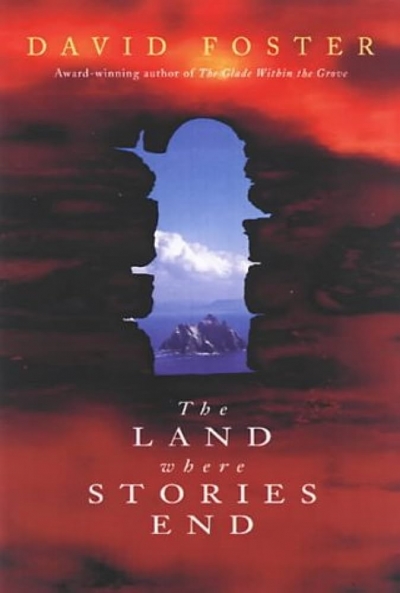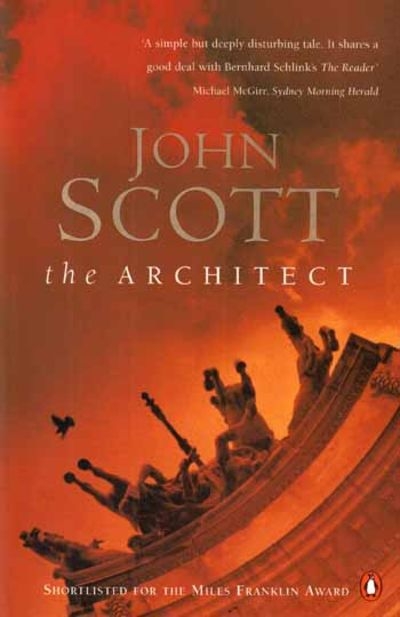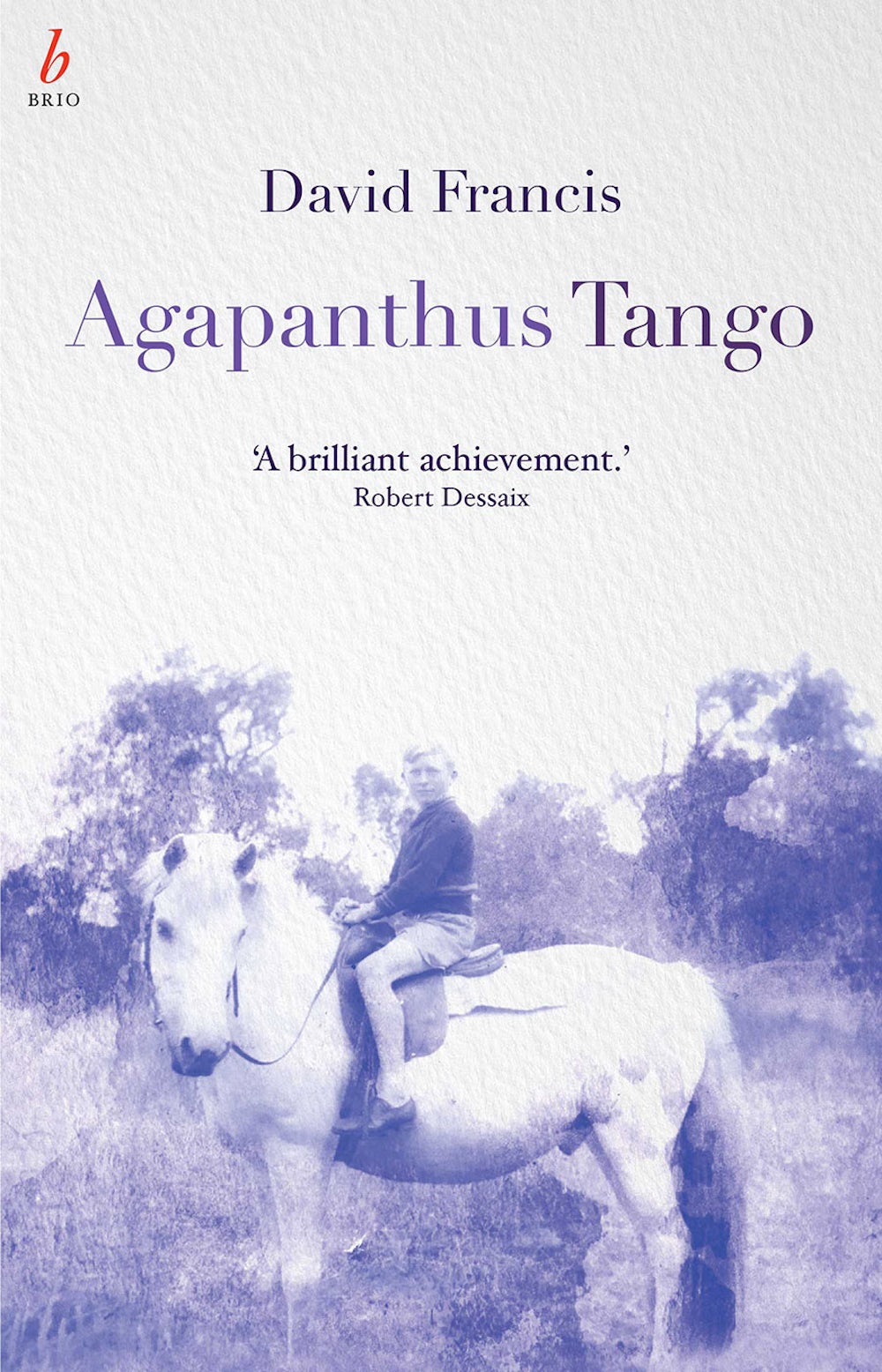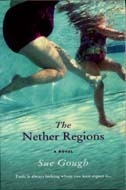Fiction
In 1897, Winston Churchill published his only novel, Savrola, a racy account of revolution and romantic intrigue in the imaginary South American republic of Laurania. The book traces the rise, fall, and rise of Savrola, a gifted politician and charismatic orator who outmanoeuvres a despotic military regime to restore democratic rule to the undeserving masses, only to fall prey to a socialist revolution before returning in triumph and instituting an age of peace and plenty.
... (read more)15 Kinda of Desire by Mandy Sayer & Willow Tree and Olive by Irini Savvides
Husbands, wives, and lovers, desperadoes, mistresses, adulterers, transsexuals, prostitutes and paedophiles: these are some of the people who populate Mandy Sayer’s 15 Kinds of Desire. Despite such a roll-call of confronting players, Sayer’s short story collection is not so much an itemisation of sexual peccadilloes but an exploration into various gradations of love, sex and obsession.
... (read more)Joan London’s new novel, Gilgamesh, is the story of several generations of travellers, moving between Australia, London, and Europe, as far east as Armenia. As such, it is part of a long and venerable tradition in Australian fiction: a tradition of quest narratives organised around topographical and cultural difference ...
... (read more)Sally Muirden’s second novel sits well with her first, Revelations of a Spanish Infanta. In each case, the author works through an elaborate historical lens to construct a multi-layered narrative in which the focus is the intimate life of a woman.
... (read more)Leonardo Da Vinci, Elvis Presley, the Tarot, unsettled weather, love, ducks and a megasupermarket: they’re not subjects that one would often be moved to mention in the same breath, but it is on just this unlikely affiliation that Julie Capaldo’s cunningly plotted second novel is based.
... (read more)‘A king had a beautiful daughter,’ begins David Foster’s new book: 204 pages between grey boards, a reproduction of Filippo Lippi’s Madonna con Bambino e due angeli on the covers, the author’s name itself visible only on the acknowledgements page, in rather small writing.
... (read more)Is it possible to admire a novel, to have enjoyed it on both first and second readings, yet to remain unconvinced that one can with confidence say what it is about? Isn’t that rather the complex response that poetry excites? Here it might be noted that John Scott, who subtitles The Architect not ‘a novel’ but ‘a tale’, is a poet turned novelist, as is his friend David Brooks, of whose House of Balthus something similar might be said. ‘Poetry must resist the intelligence almost successfully,’ as Wallace Stevens opined.
... (read more)Neither the agapanthus nor the tango is native to Australia: their juxtaposition, when an Argentinian man and the Austrian woman he possibly loves dance amongst the plants on a remote property in the Riverina, suggests the kinds of familiar patterns we are dealing with here. Like their dance, the dancers are displaced; they find the Australian bush alien; they have endured disappointments in getting here, and one of them is going to go mad as a result. ‘Agapanthus tango’ is a conceit, a contradiction that represents the nonsensicality (to foreign sensibilities) of Australia.
... (read more)A Geelong psychiatrist once asked someone very like me, ‘What’s the opposite of love?’ It was a bit like a question in a tutorial (psychiatrists and academics do have a thing or two in common). The answer, of course, couldn’t be so obvious as ‘hate’. It was ‘indifference’.
... (read more)Poisonous, profiteering physiotherapist Sue Mindberry is making a packet by charging seven gullible, fifty plus women $1000 per head for thirteen three-hour sessions of hydrotherapy. They are variously brain-damaged, hugely obese, psychically astray and arthritic. Sue Gough believes with Germaine that even such as these do not deserve the invisibility that age is supposed to confer. She gives them each a story – or rather, stories – invented by Beverley, a stroke victim, who hates her post-traumatic paralysis so much that she tries to disappear into the imagined lives of her fellow sufferers in the pool (its roof rolled back so that as they lie in the water supported by floaties each can identify with her own personal star or goddess).
... (read more)
